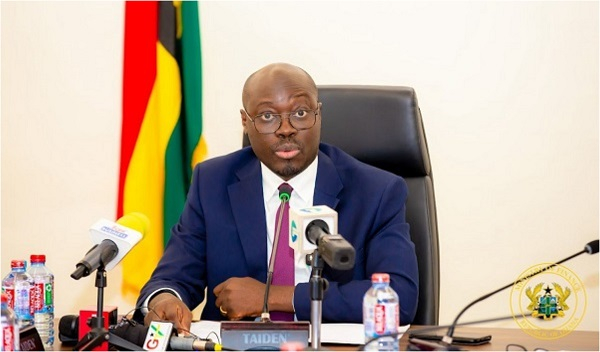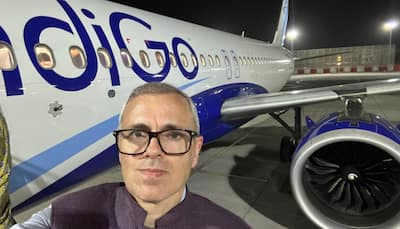Minister of Finance, Dr Ato Forson Yaw Appiah Lartey Esq, an economic advisor at Deloitte Africa, has urged the Ghanaian government, and successive administrations to reconsider the country’s expenditure patterns as a strategic move toward long-term financial independence. This comes as Ghana’s Finance Minister, Dr Cassiel Ato Forson, ruled out any renegotiation or extension of the country’s current program with the International Monetary Fund (IMF). Speaking at a joint press conference with IMF officials in Accra, Dr Forson reaffirmed the government’s commitment to fully implementing the program to restore macroeconomic stability and promote sustainable growth.
In response to this, Mr. Lartey, speaking on Morning Starr with Naa Dedei Tettey, said that while he wasn’t surprised by the government’s stance, a renegotiation with the IMF could have been beneficial—particularly in light of the global decline in development aid. Nonetheless, he emphasized that the government must urgently reassess its expenditure pattern if it is to achieve financial independence.

According to Mr. Lartey, Ghana’s current expenditure structure is unsustainable, with 30% allocated to compensation, 25% to interest payments, and 20% to subsidies—leaving only about 20–25% for infrastructure and economic growth. He pointed to countries like Malaysia, China, Russia, and the United Kingdom as examples of nations that have successfully weaned themselves off IMF support.
These countries, he said, achieved this by developing home-grown policies, investing in domestic production, and channeling donor funds toward industrialization. “I tell people, go and look at the list of countries that historically relied on the IMF for budgetary support. Many of those countries—Malaysia, China, Russia, even the United Kingdom—have managed to move away from IMF dependency.
With the exception of Argentina, which keeps returning due to persistent mismanagement, others have successfully implemented initiatives to become self-reliant.” Using Malaysia as an example, he explained how the country prioritized domestic production, particularly in agriculture, such as palm oil, and directed donor support toward industrialization—steps Ghana has yet to take. Lartey criticized Ghana’s pattern of borrowing to fund recurrent expenditure rather than long-term development.
“Unfortunately, we often use borrowings to support current expenditure. When 30% of your expenditure goes to compensation, 25% to interest payments, and another 20% to subsidies, you’re left with just 20–25% for critical growth areas like infrastructure. An economy run like this cannot hope to exit IMF dependency in the short to medium term.
It’s a long-term effort.” He contrasted Ghana’s economic model with that of the United Kingdom, where the service sector dominates due to higher literacy levels. In Ghana, however, a significant portion of the population lacks formal education, making sectors like agriculture and industry more suitable and impactful for inclusive economic growth.
“We must radically restructure our expenditure to significantly support two sectors that are shrinking year after year: agriculture and industry. If we allow services to dominate growth without strengthening these foundational sectors, we will face serious challenges. Agriculture and industry require skills more suited to our population, and their growth is essential if we are to break the IMF dependency cycle.
” Lartey concluded by stressing the need for comprehensive, home-grown policies that promote domestic production, strategic investment in key sectors, and effective use of donor funds to drive sustainable development..
Top

Change expenditure pattern for economic independence – Economist to government

Minister of Finance, Dr Ato Forson Yaw Appiah Lartey Esq, an economic advisor at Deloitte Africa, has urged the Ghanaian government, and successive administrations to reconsider the country’s expenditure patterns as a strategic move toward long-term financial independence. This comes as Ghana’s Finance Minister, Dr Cassiel Ato Forson, ruled out any renegotiation or extension of [...]The post Change expenditure pattern for economic independence – Economist to government appeared first on Ghanamma.com.











-1745121369054_v.webp)